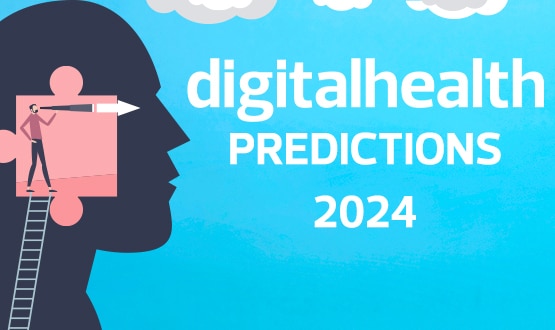Telehealth innovations unveiled at conference
- 22 November 2006
Partners Telemedicine, a US based telecare provider, have told a conference that patients should be encouraged to use ‘self care’ telehealth products.
Showcasing some of their products currently in the research and development stages in the US, Dr Joseph Kvedar, director at Partners Telemedicine, said: “The number of patients suffering from chronic illnesses is growing rapidly. As demand rises, we can’t keep pushing more and more chronically ill patients to nurses. We have to think differently about the way we deliver care.”
As part of a growing commitment to implementing telehealth in a US integrated delivery system, Partners Telemedicine has formed a new Connected Health Initiative, Dr Kvedar told TeleMed and eHealth 06 at the Royal Society of Medicine.
Partners are leading a set of strategic initiatives that use communication technologies to develop new models of care. These models extend and enhance the patient-physician relationship, and show measured improvements in access, quality and efficiency of care.
The Connected Health Initiative focuses on extending the care community beyond the traditional walls of healthcare institutions by bringing healthcare to the everyday surroundings of the health consumer and their families.
Working with the Massachusetts General Hospital and the Brigham and Women’s Hospital in Boston, Partners currently spend $6bn dollars each year on delivering telehealth to 40% of Eastern Massachusetts.
Dr Kvedar said: “Patients need more tools to support and comply with their care plans, and equally they need doctors to be on hand to provide remote care when and where it is needed. By pushing towards self care, patients are able to educate themselves and live normal lives with distant support.”
As part of the Connected Health Initiative, Partners showcased four new systems that they hope stakeholders will invest in and distribute in the US. These will include a heart failure monitoring system, the SimPill medication adherence system, a ‘virtual coach’ and a scheme that allows patients to e-mail pictures of their own skin conditions to their dermatologist.
The heart failure monitoring system allows the patients’ vital signs to be monitored by external clinicians, and alerts the patient when there is anything wrong. Nurses can call in on the patient if they demonstrate any signs of discomfort. Research by Partners says it cuts nurse visits by up to 40%.
In the ‘acne e-visit’ system, patients with skin problems can take a digital photo of their conditions and send it to their dermatologist with answers to a set series of questions. The dermatologist can study the case presented to them and e-mail back a diagnosis to the patient. The development of the e-visits system is being sponsored by two US health insurers, Blue Cross and Blue Shield Medical Association of Massachusetts.
The ‘virtual coach’ can record a patient’s activity levels and sends data to a central server. The system will encourage adherence to activity regimes using personalized coaching, until the patient reaches the desired activity limit. Partners hope to release this in the spring.
Dr Kvedar said: “It’s remarkable how bringing patients into their own healthcare brings them more into the picture. We must look at improving the quality of telemedicine, the supply offered to patients, decreasing demands on health professionals and promoting self care.
“In the US, we face a challenge of getting private stakeholders to back new products, but by demonstrating that quality is high and costs can stay low, we can maintain our passion based on adding more care options to patients. In Boston, one hospital had to close its doors to patients because primary care physicians couldn’t deal with the number of outpatients. Telehealth can help to reduce this.”




